The Environmental Justice Thriving Communities Technical Assistance Centers (EJ TCTACs) located across the United States, including the Institute for Sustainable Communities (ISC), have been working together virtually to support grassroots environmental justice groups in making their visions for healthier, greener communities a reality.
Digital tools have made collaboration possible for the centers across the country and allowed the EJ TCTACs to lay a strong foundation for collaboration at a distance —but what could these environmental justice leaders achieve with the opportunity to share knowledge in person?
As one of three national TCTACs, ISC led the way in planning the first in-person convening of the TCTACs since their designation in 2023.
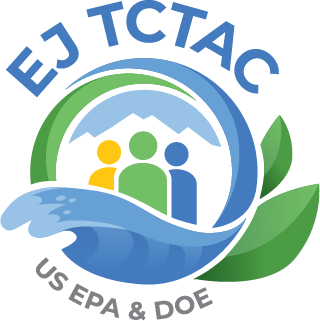
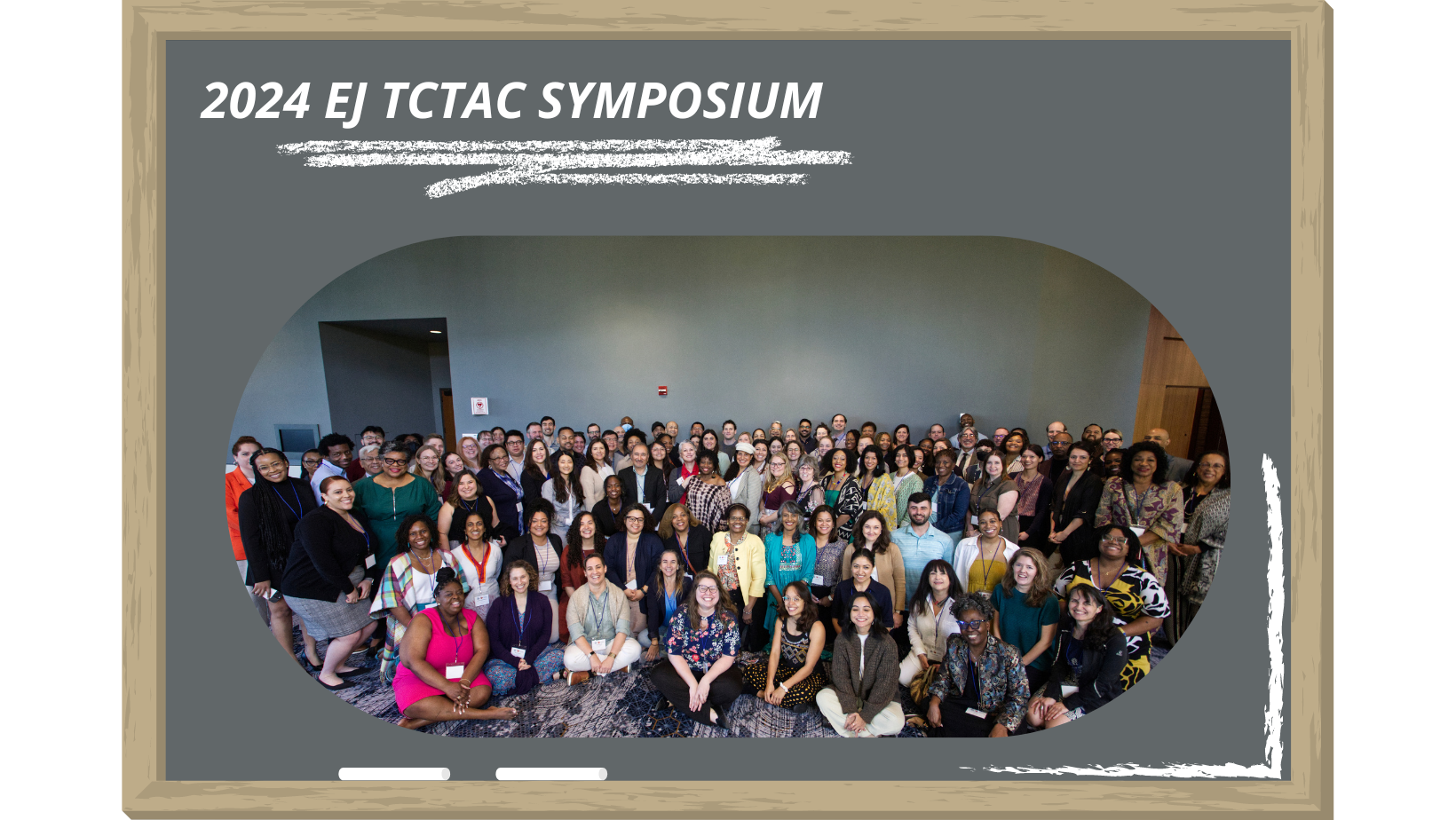
Engaging as Environmental Justice Thought Leaders
The 2024 EJ TCTAC Symposium took place February 14-16, 2024, in San Juan, Puerto Rico. The theme of the convening was “Bridging the Gap to Create Thriving Communities.” Over 100 representatives from all the designated national and regional EJ TCTACs were in attendance.
Having the opportunity to get to know one another face-to-face helped solidify common goals across the program.
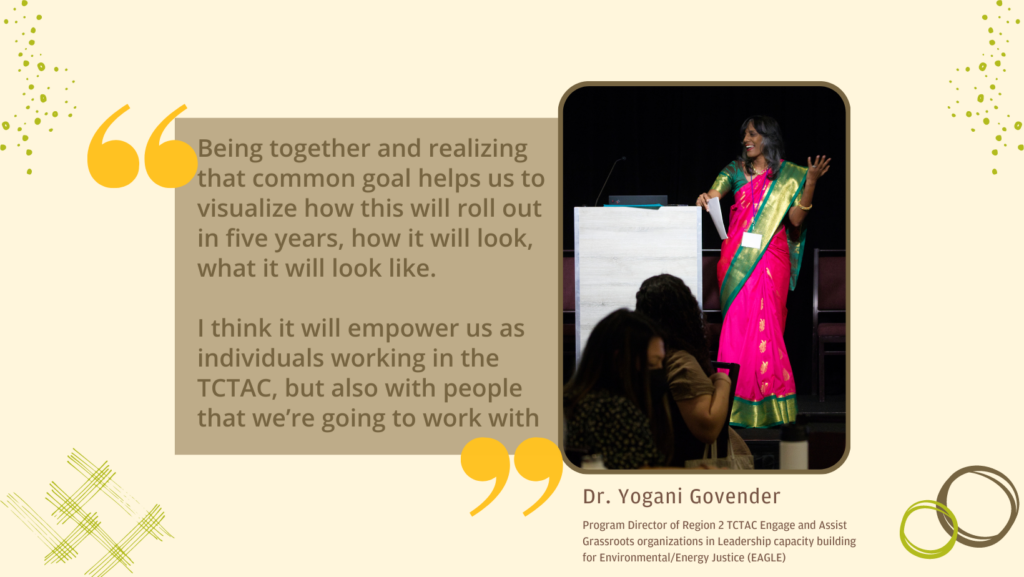
On the first day, ISC President Rebecca Kaduru offered opening remarks about how ISC and others are approaching the TCTAC work, by supporting the grassroots organizations who have already been doing the work to support their communities.
“Communities know what they want and what they need, and you just need to ask,” Kaduru said.
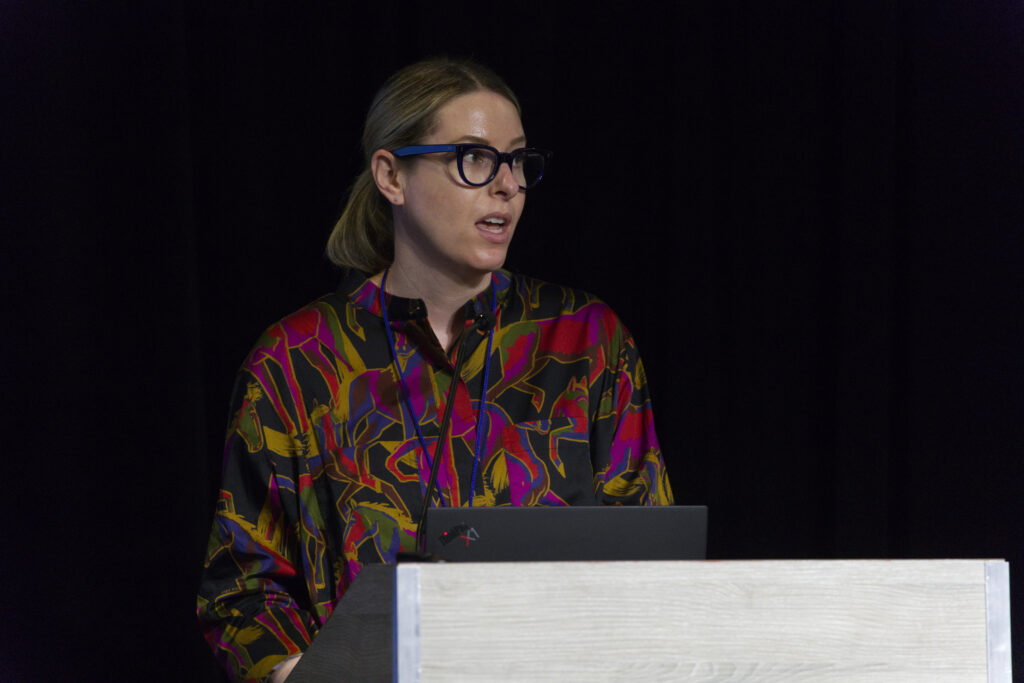
The Importance of Peer Learning in Environmental Justice
Organizers designed the 2024 EJ TCTAC Symposium program based on a needs assessment that ISC conducted in the months leading up to the event. Sessions included Environmental Law 101, Data Equity, and how to sign up for the EJ TCTAC Community Platform, developed by ISC partner Atma Connect.
Attendees noted, though, that the most valuable moments were the ones they got to spend with each other, even casually over meals. In addition to the presentations, peer learning sessions gave participants the opportunity to brainstorm about what they hope to achieve through the program over the next five years, and how to make the program sustainable beyond that.
Having discussion-based and interactive sessions allowed for fruitful conversation and networking time based on real-world situations, and the EJ TCTACs were able to solve problems in real time with each other. Participants found that they were not alone in the challenges they have faced while doing this work, and hearing directly from the regions for their expertise and experiences helped attendees feel more connected
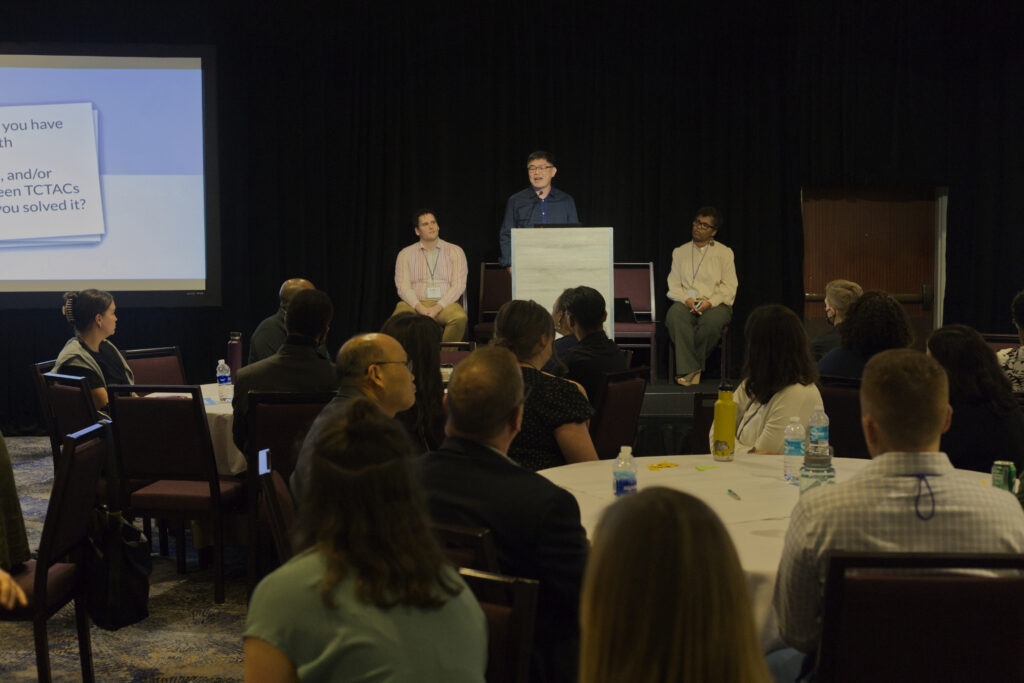
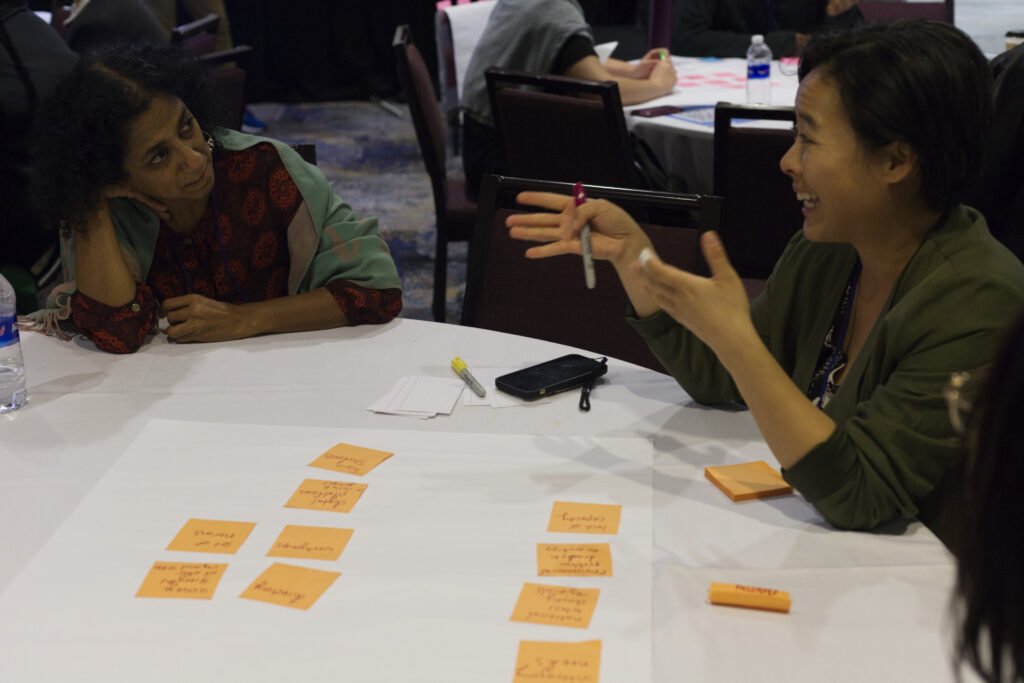
Federal representatives from the U.S. Environmental Protection Agency (EPA), which launched the EJ TCTACs initiative in partnership with the Department of Energy, noted that attendees have already done great work connecting with communities.
“TCTACs are a game changer for equity and justice across this nation,” said keynote speaker Janet McCabe, U.S. EPA Deputy Administrator, who video conferenced in for her remarks. “I’m so proud of the great progress being made throughout the country thanks to the work of everyone here today…In such a short period of time, your TCTACs have become the backbone for creating pathways for justice, and none of this would have been possible without you.”
The federal officials also emphasized the value of collaboration in ensuring the success of the program.
“We can’t do this in silos—we’re going to have to leverage each other and our individual strengths as organizations.”
Bridging Gaps: Cultural Connections in Puerto Rico
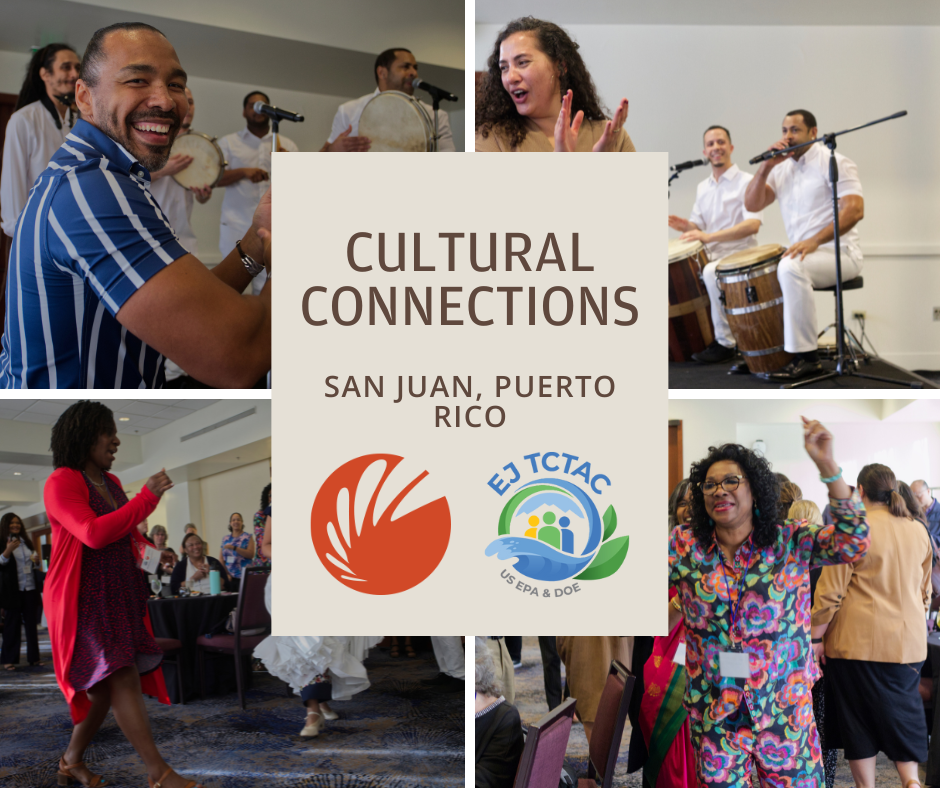
Because of the goals of the program to bridge gaps between communities and funders, ISC made sure that participants had time to connect with the local culture and environmental justice work being done in San Juan, Puerto. Each morning of the symposium opened with a cultural grounding from Bilqis Benu, a member of the Taíno nation native to Puerto Rico. She had the room face the cardinal directions, which each have a different significance in Taíno culture. She encouraged everyone to enter the event with a “heart-forward” approach.
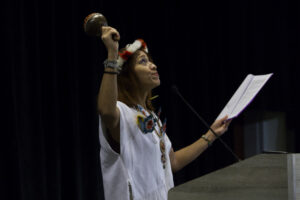
Of course, after a busy day of knowledge sharing, participants needed time to unwind. The networking session after the first day of the symposium featured traditional Boricua music played by the group Bomba Evolución that tied the attendees to the place, while letting them have a little fun together.
The 2024 EJ TCTAC Symposium showed how valuable peer learning and meeting face to face can be for doing the good work of supporting grassroots environmental justice initiatives. The event kicked off what is sure to be fruitful coming years from this program.
About the EJ TCTAC Program
In 2023, the Institute for Sustainable Communities (ISC) was named one of three national Environmental Justice Thriving Communities Technical Assistance Centers (EJ TCTACs), a program of the U.S. Environmental Protection Agency’s (EPA) in partnership with the Department of Energy (DOE). The EPA also designated 13 regional EJ TCTACs for a total of 16 centers nationwide.
EJ TCTACs connect disinvested and overburdened communities with federal resources and support the creation of partnerships with philanthropic and private sector entities to expand the reach and impact of federal funds. As one of three national EJ TCTACs, ISC works to remove barriers and improve accessibility to federal funding for underserved communities with environmental justice concerns. Learn more on the EJ TCTAC project page.

